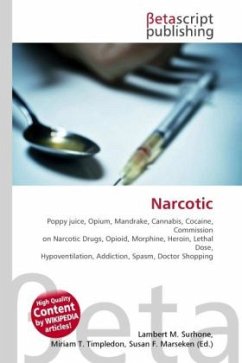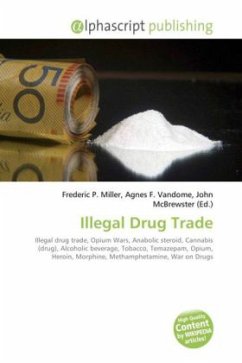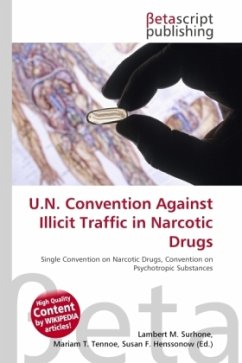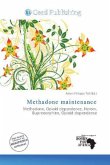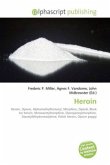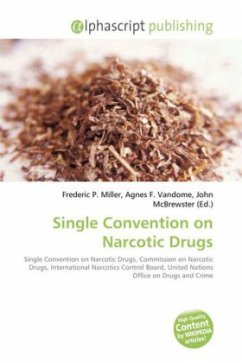High Quality Content by WIKIPEDIA articles! The term narcotic ( ) is believed to have been coined by the Greek physician Galen to refer to agents that benumb or deaden, causing loss of feeling or paralysis. It is based on the Greek word (narcosis), the term used by Hippocrates for the process of benumbing or the benumbed state. Galen listed mandrake root, altercus (eclata) seeds, and poppy juice (opium) as the chief examples. Use of the word "narcotic" to refer to any illegal or unlawfully possessed drug including marijuana and cocaine is common worldwide, although these substances are not considered narcotics in a medical context. The central drug policy making body within the United Nations, for instance, is the Commission on Narcotic Drugs, although the United Nations officially defines a narcotic drug to be "any of the substances, natural or synthetic, in Schedules I and II of the Single Convention on Narcotic Drugs, 1961, and that Convention as amended by the 1972 Protocol Amending the Single Convention on Narcotic Drugs, 1961"
Bitte wählen Sie Ihr Anliegen aus.
Rechnungen
Retourenschein anfordern
Bestellstatus
Storno

